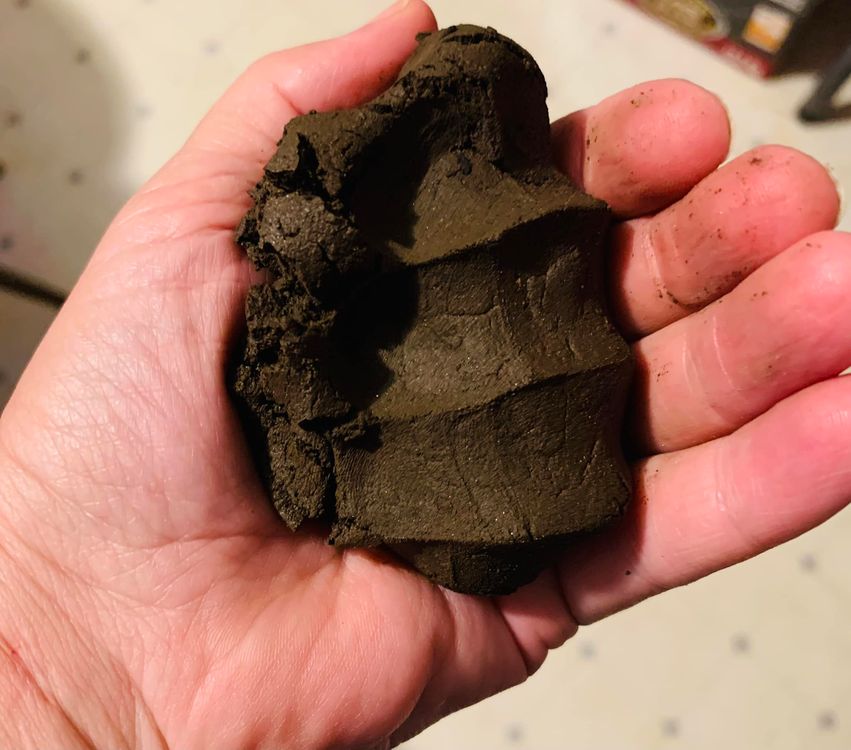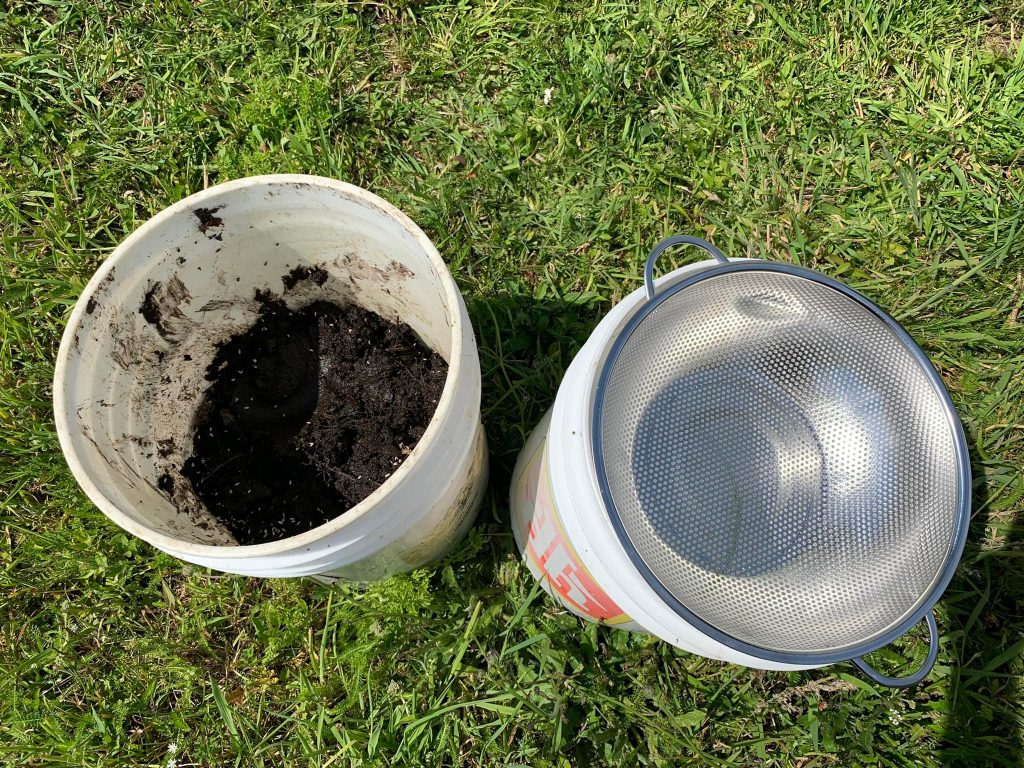
 2
2




 8
8




 4
4




Invasive plants are Earth's way of insisting we notice her medicines. Stephen Herrod Buhner
Everyone learns what works by learning what doesn't work. Stephen Herrod Buhner
 2
2




Invasive plants are Earth's way of insisting we notice her medicines. Stephen Herrod Buhner
Everyone learns what works by learning what doesn't work. Stephen Herrod Buhner
 1
1




Everything happens at the edges! ~ permaculture principle
See my solar and other books on Amazon: https://tinyurl.com/nh9sf8ph
 5
5








Invasive plants are Earth's way of insisting we notice her medicines. Stephen Herrod Buhner
Everyone learns what works by learning what doesn't work. Stephen Herrod Buhner
 1
1




Everything happens at the edges! ~ permaculture principle
See my solar and other books on Amazon: https://tinyurl.com/nh9sf8ph
 1
1




Invasive plants are Earth's way of insisting we notice her medicines. Stephen Herrod Buhner
Everyone learns what works by learning what doesn't work. Stephen Herrod Buhner
 1
1




Everything happens at the edges! ~ permaculture principle
See my solar and other books on Amazon: https://tinyurl.com/nh9sf8ph
 4
4








Casie Becker wrote:Sorry it took so long. https://youtu.be/F-PLbGp123M. This is a PBS program the effect of reforestation on farmlands that had suffered from desertification. I would be very cautious of stripping the local forest of its healthy soils. I don't think there's any man made product that can replace it.
Everything happens at the edges! ~ permaculture principle
See my solar and other books on Amazon: https://tinyurl.com/nh9sf8ph
 3
3




 1
1




You have to be tough or dumb - and if you're dumb enough, you don't have to be so tough...





Everything happens at the edges! ~ permaculture principle
See my solar and other books on Amazon: https://tinyurl.com/nh9sf8ph
 1
1






 5
5




How Permies works: https://permies.com/wiki/34193/permies-works-links-threads
My projects on Skye: The tree field, Growing and landracing, perennial polycultures, "Don't dream it - be it! "









pax amor et lepos in iocando

|
So then I told Joseph Stalin to piss off! Remember that tiny ad?
A rocket mass heater is the most sustainable way to heat a conventional home
http://woodheat.net
|




